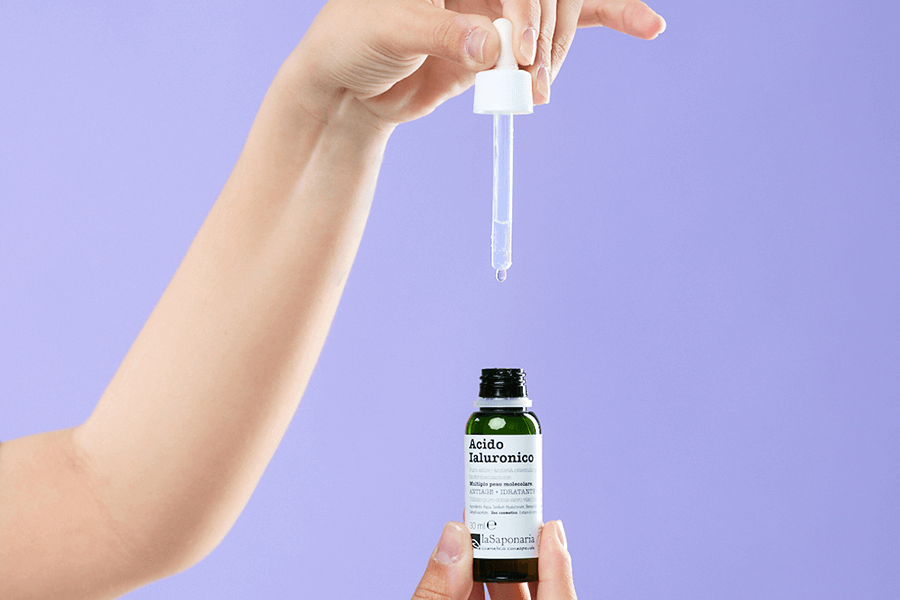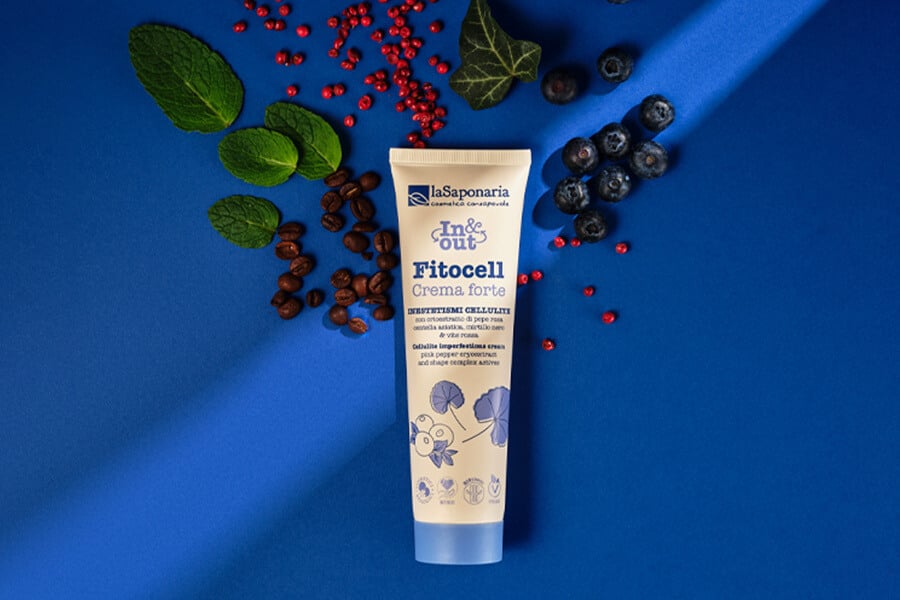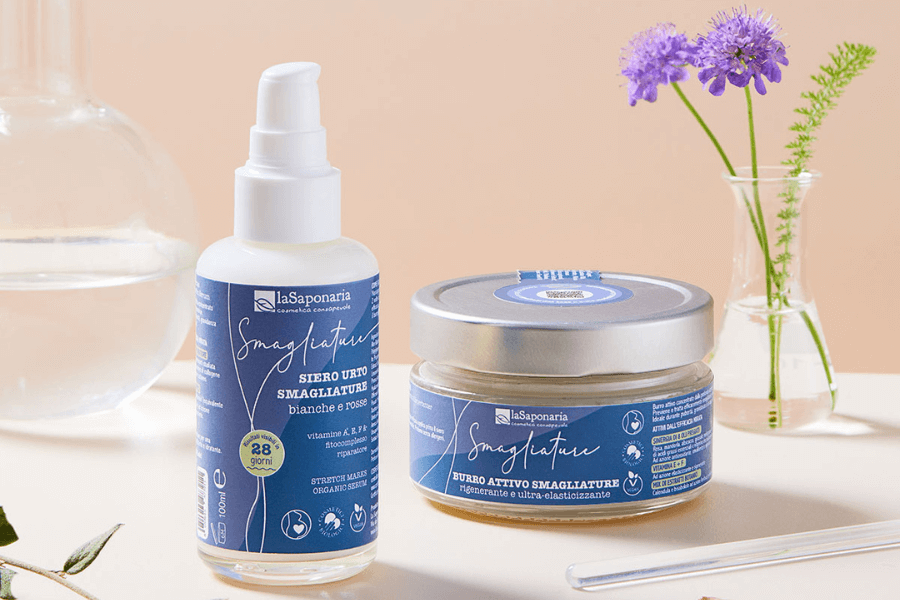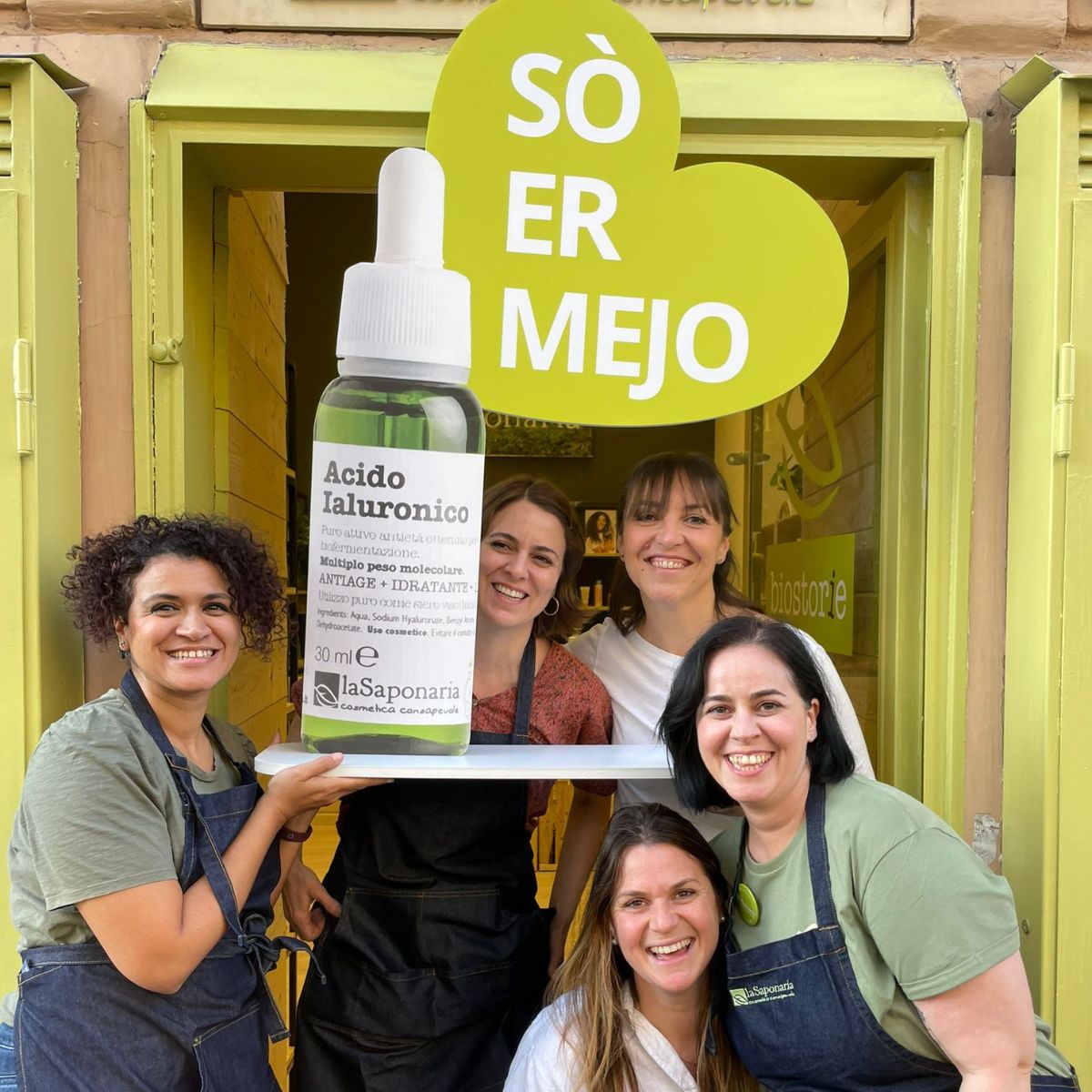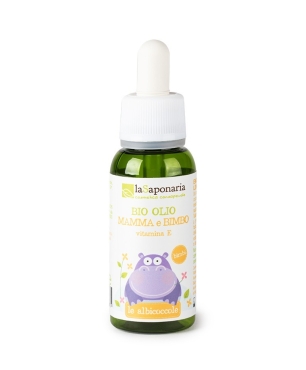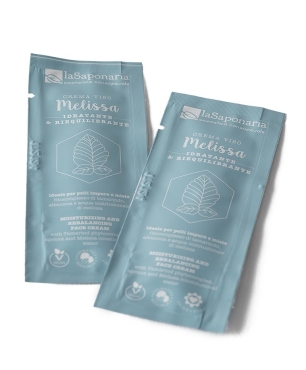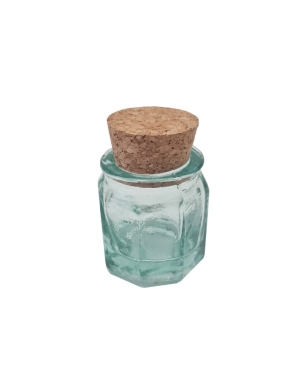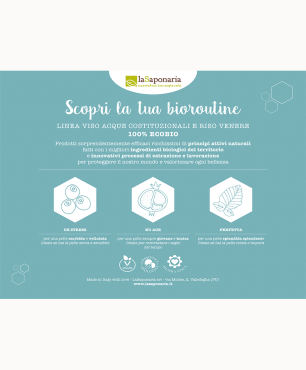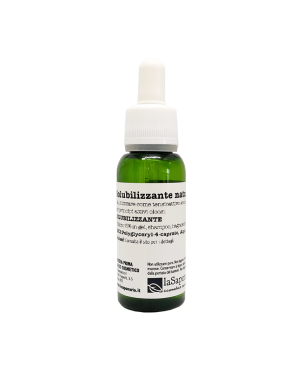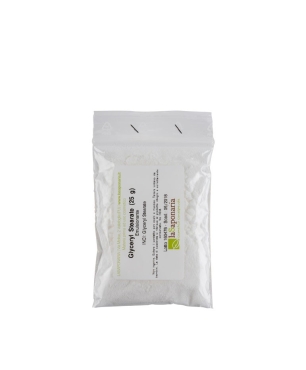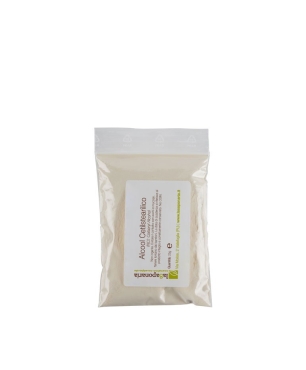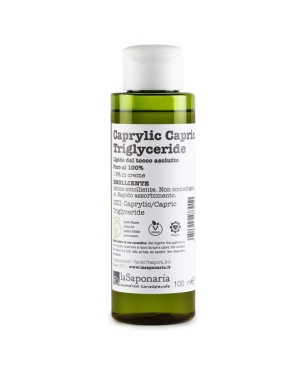- Call us! +390721 911004
- Write a message
- Whatsapp +39 377 3844777
- Become a reseller
- Test and E-book
- Location and contacts
-
MenuBack
-
Organic cosmetics
-
-
space
-
-
-
-
-
-
-
Discover your beauty routine
-
-
Skin care
-
Hair care
-
Body Care
- Best Seller
- Routines
-
DIY
-
-
space
-
-
-
-
-
-
PRODUCTION TOOLS
-
-
DOWNLOAD THE RECIPES
-
-
-
Organic library
-
-
BEAUTYBLOG
-
-
-
GLOSSARY
-
-
-
DO-IT-YOURSELF RECIPES
-
-
-
TEST AND E-BOOK
-
-
About us
-
-
space
-
-
-
-
-
PHILOSOPHY
-
-
-
NATURAL COSMETICS
-
-
-
FLAGSHIP STORES
-
-
-
Sustainability
-
-
space
-
-
-
BENEFIT COMPANY
-
-
-
ETHICAL CHAIN
-
-
-
SUSTAINABLE PACKAGING
-
-
-
SUSTAINABILITY IN THE COMPANY
-
-
-
Supported projects
-
NOTICES AND AWARDS
-
-
-
Business Area
-
-
space
-
-
-
OPEN A FLAG SHIP STORE
-
-
-
BECOME A RESELLER
-
-
-
PRIVATE LABEL
-
ACCOMMODATION FACILITIES
-
-
-
RESELLERS LOGIN
-
-
-
Resellers
-
-
RESELLERS RESOURCES
-
-
-
OPEN A FLAGSHIP STORE
-
ACCOMMODATION FACILITIES
-
PROMOTIONAL MATERIAL
-
-
-
RESELLERS NEWS
-
REGISTER YOUR SHOP
-
-
-
REFILL ROLL-ON BIODEOs
-
-
-
HAIR LINE
-
-
- Store locator
Hyaluronic Acid

INCI NAME:
Hyaluronic Acid, Sodium Hyaluronate
ORIGIN:
Vegetal
FUNCTION:
Moisturizing, regenerating, humectant, anti-inflammatory
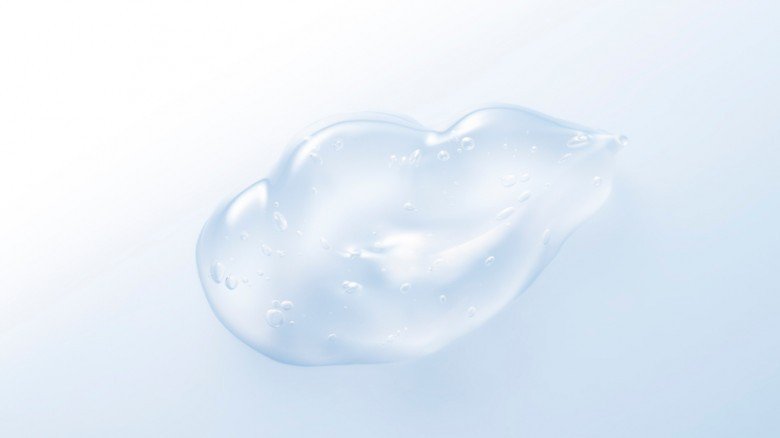
This is an automatic translation
Hyaluronic acid is a natural molecule present in our skin. It is found in the deepest layer of the skin (the dermis) and helps preserve hydration as it prevents water from evaporating completely. In fact, it behaves like a sponge, capable of absorbing, holding firmly and releasing large quantities of water according to local needs. In addition, it supports the skin structure, improving the tone and firmness of the skin. Hyaluronic acid is a fundamental component of the connective tissues of the human body.
With advancing age, however, the availability of hyaluronic acid present in our skin decreases: this is caused both by a physiological deficiency and by external factors such as exposure to UV rays and pollution, for example. This lack leads to the weakening of the tissues, causing wrinkles and imperfections.
Precisely on the basis of this physiological deficiency, numerous cosmetic preparations based on hyaluronic acid have been developed with the aim of recreating the ideal physiological environment, that is, restoring and maintaining the characteristic conditions of a hydrated skin over time.
Our hyaluronic acid is obtained by bacterial fermentation, a biotechnology process that consists in letting yeasts ferment that spontaneously produce it.
Hyaluronic acid can be added to cosmetics in three different molecular weights: low, medium and high. The different molecular weights intervene at a different level of the epidermis ensuring a conspicuous supply of water, reducing the phenomenon of evaporation and stimulating the physiological production of collagen (connective tissue protein essential for the good health of skin, cartilage, bones, etc. .); it also helps in healing and helps protect the body from viruses and bacteria. Another feature is to increase the permeability of the connective tissue, favoring the best penetration of the other active ingredients used in the cosmetic. It is clear that this is an indispensable component in order to prevent the signs of aging, since by ensuring the excellent degree of hydration of the skin tissues, it contributes to maintaining the smoothness of the skin.
Sodium hyaluronate is the sodium salt of hyaluronic acid. It appears as a highly soluble white powder, in fact sodium hyaluronate is a highly hygroscopic hydrophilic molecule, that is, it guarantees skin hydration as it binds a large number of water molecules. The smallest molecules are able to penetrate into the tissues making them more turgid and temporarily "filling" small wrinkles.
By virtue of its greater practicality, sodium hyaluronate is the most common form of hyaluronic acid used in cosmetics.

